Did a US Drone Kill an NGO Worker?
A video that is worth your time.
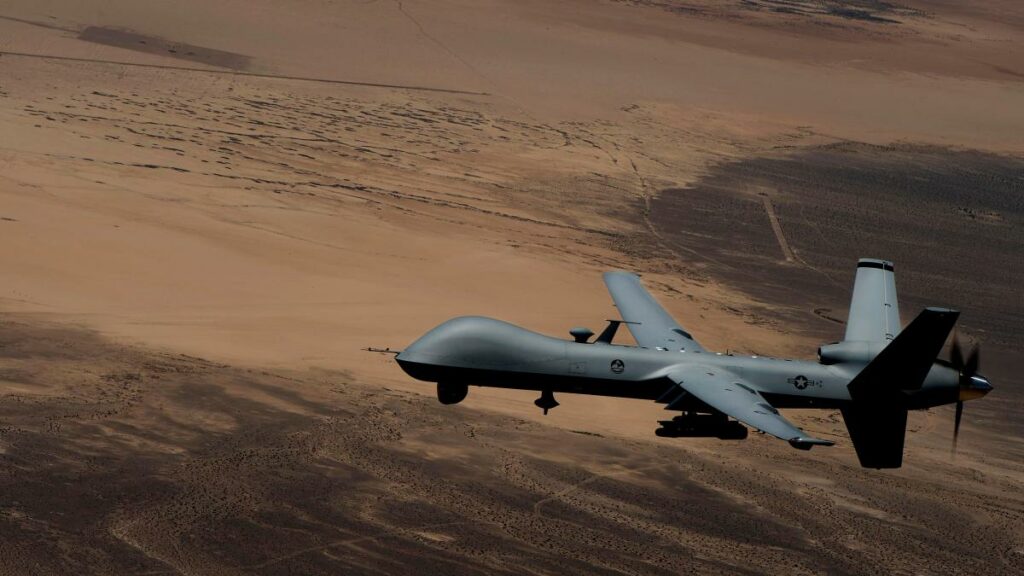
The following ~10 minute video is worth your time and raises the ongoing question of whether the drone war is efficacious or moral. It is about the drone strike in Kabul during the evacuation which was reported to have been perpetrated on an ISIS-K car that was preparing for an attack on the airport. The following suggests otherwise.
See, also, the NYT: Times Investigation: In U.S. Drone Strike, Evidence Suggests No ISIS Bomb:
a New York Times investigation of video evidence, along with interviews with more than a dozen of the driver’s co-workers and family members in Kabul, raises doubts about the U.S. version of events, including whether explosives were present in the vehicle, whether the driver had a connection to ISIS, and whether there was a second explosion after the missile struck the car.
Military officials said they did not know the identity of the car’s driver when the drone fired, but deemed him suspicious because of how they interpreted his activities that day, saying that he possibly visited an ISIS safe house and, at one point, loaded what they thought could be explosives into the car.
Times reporting has identified the driver as Zemari Ahmadi, a longtime worker for a U.S. aid group. The evidence suggests that his travels that day actually involved transporting colleagues to and from work. And an analysis of video feeds showed that what the military may have seen was Mr. Ahmadi and a colleague loading canisters of water into his trunk to bring home to his family.


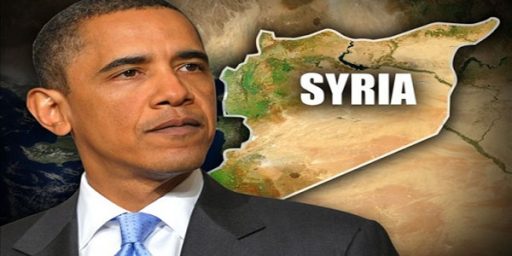
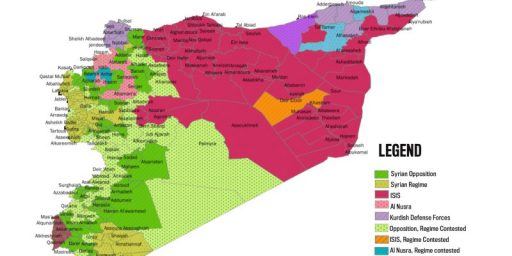
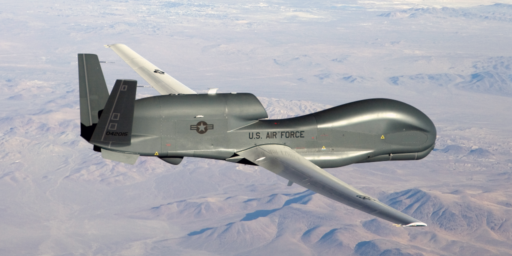
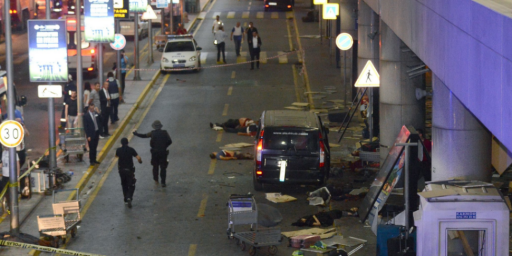
Full disclosure – I supported drone ops for three years which included a lot of following suspicious persons and vehicles as well some strikes kinetic strikes. Fortunately, all the ones I was involved in were legitimate bad guys.
In my view, the strike was a mistake. There is likely an internal investigation that’s starting or started, whether it will ever become public is another matter. I would guess that relevant factors were limited information due to the collapse of Kabul with no US assets outside of the airport, combined with pressure to ensure another suicide attack didn’t happen. These likely translated into loosening the rules and criteria for strike authority.
From what’s publicly available so far, it seems the primary information came from interpreting the video feed itself (something I used to do). The description of what was going on does match some of the “indicators” of VBIED (ie. car bomb) activity that could raise suspicions of nefarious activity. But a strike order would need a lot more than that (at least when I was doing this) because, for obvious reasons, a limited drone’s-eye view often misses a lot of details and context.
First of all, fantastic work by the New York Times.
Second, it doesn’t take an @Andy to see that claims of secondary explosions were bullshit. We owe the family an apology and such reparations as we are able to make. I don’t share the widespread dislike for drone warfare, but this was a bad shoot, contra General Milley. I hope it’s being investigated.
Hearts and minds. The drone strike encapsulates our twenty year presence. The U.S. military is an embarrassment, why they felt we should stay in Afghanistan boggles the mind.
Wars are messy and dangerous, and mistakes happen. We should be very aware of this when we go to war — there are going to be consequences to everyone else in the area, and we will be killing innocent people. Maybe don’t go to war so much, and end wars earlier?
I think the drone war gives us more precise options, but even then, this will inevitably happen. Not sure whether the drone war is net good or bad. Do we have more strikes that are less deadly and less likely to kill civilians, or were we doing better with fewer but more deadly attacks with smart bombs or troops on the ground? Do we create people with a sense of permanent dread who hate us?
It’s a lot like police getting tasers — less worse than shooting people, but now they use them all the time and that’s not good either.
@Gustopher:
Exactly the equivalent of this. Drones mean there will be fewer US military casualties. In exchange, there will be more civilian casualties on the other side because mistakes.
Since WW II wars have killed more non-combatants than people in uniform. This is the nature of contemporary war. It is not an accidental byproduct; it is inherent in the nature of conflict. A commitment to go to war is a commitment to kill civilians.
As Slugger notes above, this sort of incident is pretty much unavoidable (congratulations to Andy on having a run of good luck in his service). The unavoidability is the reason that wars should be conducted for valid reasons and to achieve purposeful foreign policy goals. “We got tired of swatting flies” (the explanation offered in an interview by, IIRC, Condoleezza Rice) meets neither of those two criteria.
War What is it Good For…Absolutely Nothing
Friend only to the undertaker.